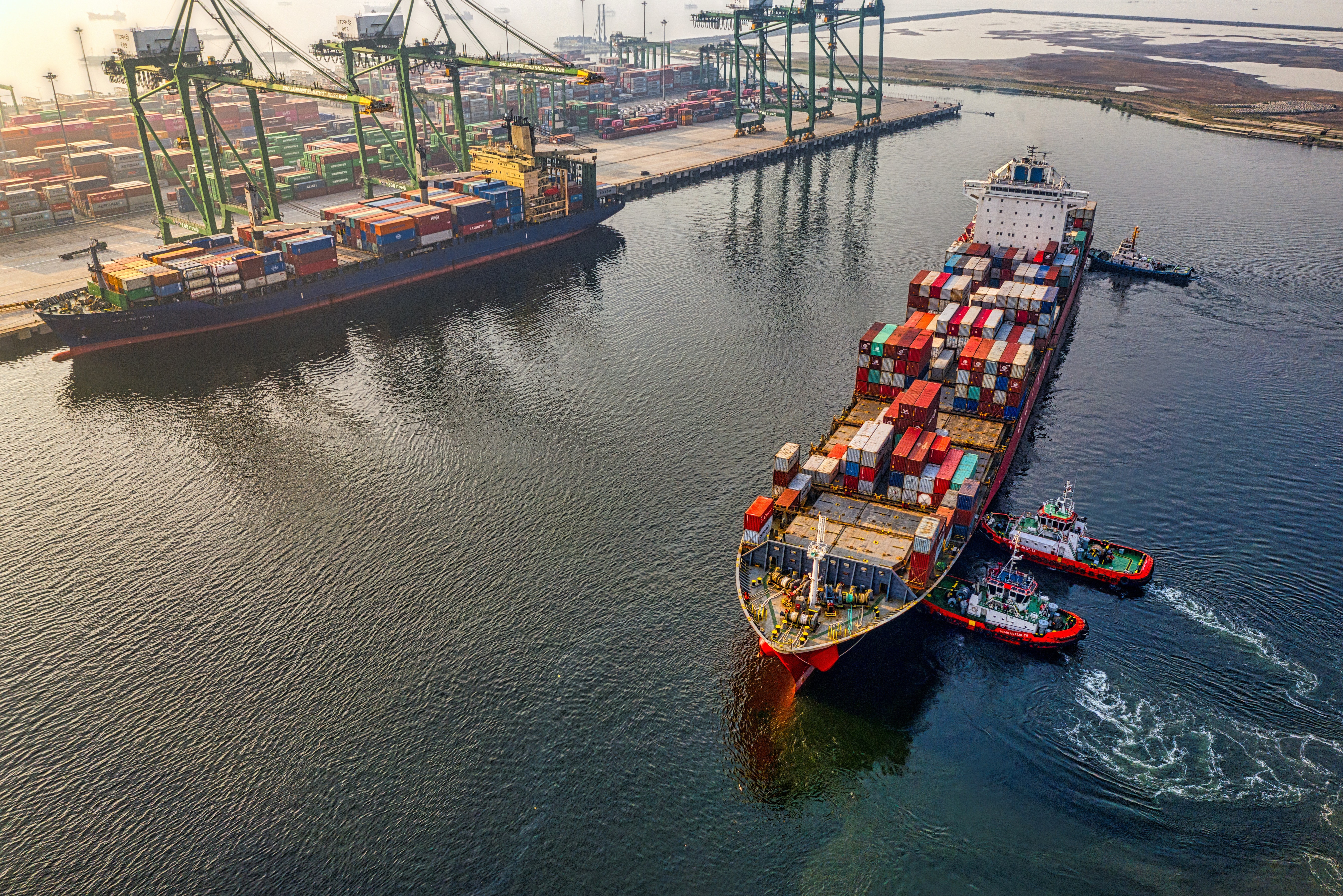Shipping Terms
- EXW (Ex Works)
Seller will make goods available at his premises/factory. All other transportation and insurance costs are to be borne by buyer. - FCA (Free Carrier)
Seller’s obligation is completed when he/she hands over goods, cleared for export, into the charge of the carrier named by the buyer at the named place. - FAS (Free Alongside Ship)
Seller’s obligation ends after placing the goods alongside the vessel or in lighters at the named port of shipment. Buyer bears all risks after this point. - FOB “Port name” (Free On Board)
Seller pays transporting and loading costs of goods on vessel at named port of shipment. Buyer pays all remaining costs. - CFR (Cost and Freight)
Seller pays costs necessary to bring the goods to the named port of destination and provides the buyer with documents needed to obtain the goods from the carrier. - CIF (Cost, Insurance and Freight)
Same as CFR but seller also has to include marine insurance loss or damage to goods during the shipment. - CPT (Carriage Paid To)
Seller delivers the goods to a carrier or to another person nominated by the seller, at a place mutually agreed upon by the buyer and seller, and that the seller pays the freight charges to transport the goods to the specified destination. - CIP (Carriage and Insurance Paid To)
Same as CPT, but additionally the seller has to include insurance loss of or damage to the goods during the carriage. - DAF (Delivered At Frontier)
Seller delivers cleared goods for export, at the named destination, usually a border post at a predefined time but before the customs clearance at the destination country. - DDU (Delivered Duty Unpaid)
Seller delivers goods at the named destination. Clearance of goods at destination is however the buyer’s responsibility. - DDP (Delivered Duty paid)
Seller delivers the goods at the named destination and pays charges of delivering the goods and duty for customs clearance. - DES “Port” (Delivered Ex Ship)
Seller delivers goods on board the ship, uncleared for import at the named destination. The seller’s obligation is to bear all costs and risks to bring the goods to the named destination. - DEQ (Delivered Ex Quay, [Duty Paid])
Seller fulfils his obligation to deliver the goods when he has made the goods available to the buyer on the quay(wharf) at the named port of destination, cleared for importation. The seller has to bear all risks and costs including duties, taxes and other charges of delivering the goods thereto.
Payment Terms
- Cash in Advance
Upfront cash to seller before shipment. This could be full or part payment in advance. It should be avoided unless buyer and seller know each other for a long time. - Letter of Credit (L/C)
A letter issued by a bank authorizing the bearer to draw a stated amount of money from the issuing bank, its branches, or other associated banks or agencies. This essentially shifts the risk from the buyer (the applicant) to a bank. The seller or Beneficiary on successful completion of delivery of goods can get paid by the L/C. - Open Account
An unpaid credit order. - Telegraphic Transfer (T/T)
Electronic transfers of funds through banks.
Now, checkout inquiry messages where buyers have requested quotations (RFQs) for different goods from suppliers using these incoterms.

Take your business to new heights with goWorldBusiness.com
Already a member? Try our Premium Membership.
All our plans come with our 60 days, no questions asked money back guarantee.












potentially avoiding most of the extra cost. Check out the International Chamber of Commerce’s list of Incoterms, which stipulate the language to use in specifying which portions of the shipping and handling are
I have established contact with farmers group in Ghana which can supply cashew nuts and Shea butter raw produce.
[…] take a look at this schematic to see these terms in a tabular […]
its great
potentially avoiding most of the extra cost. Check out the International Chamber of Commerce’s list of Incoterms, which stipulate the language to use in specifying which portions of the shipping and handling are